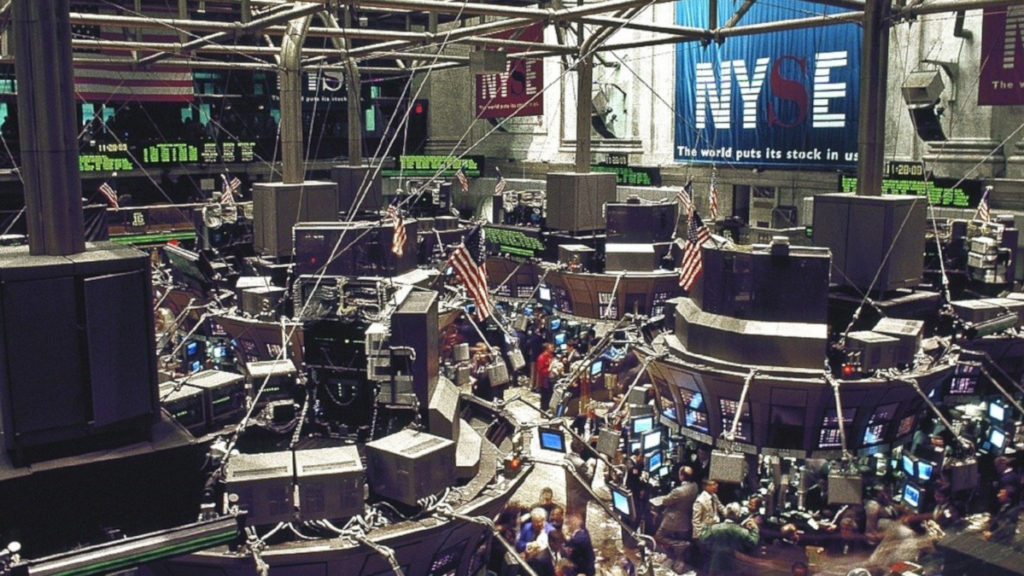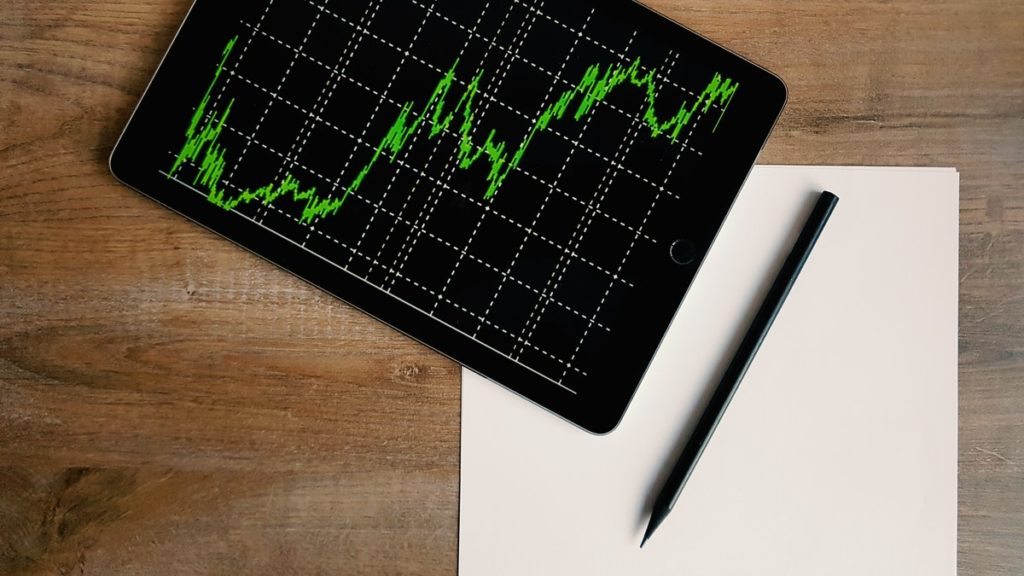Photo by Burak K from Pexels
When asked how they want life to be twenty to thirty years from now, financial freedom tops most people’s lists. Most entrepreneurs and business owners have such a goal in mind for themselves. Yet most have no idea how to reach financial freedom. One venture to accomplish such liberation is in shares trading.
Realistically, freedom from financial burden is somewhat impossible for a majority of people to accomplish. Business owners especially tend to carry a burden of financial obligations that tie up capital. You must go back to the drawing board and create a new strategy for building wealth.
Make your money work for you, no matter how little you have. Shares trading provides an additional path to building a financially free future for yourself.
Shares Trading Defined
In the simplest of terms, shares trading is the buying and selling of company stocks. Trading includes the stocks themselves or derivative products on the company stock. Ultimately, investors make a profit at the close of the capital.
When you own a share, you own a portion of a public company. In doing so, you help to make up its market cap, also known as its worth. You are also eligible to exercise voting rights as a shareholder.
Making Money by Trading
There are two fundamental ways you can earn a fortune with shares trading. The first method is called non-leverage share trading. The second is leverage.
Non-Leverage
In this method, only registered participants can trade directly with stock exchanges. A majority of the traders who use this method rely on a stockbroker to do their bidding for them. A share was once offered as a form of a stock certificate, although that has changed today.
In this kind of trade, when a company’s worth increases in value, its share price increases as well. However, if the opposite occurs, the price goes down. That said, there are still loopholes which allow investors to work around the losses and win big.
These are:
- Price Movements
- Monitoring price fluctuations places investors in a better position to forecast what might happen. You must be keenly aware of external factors that could influence your shares’ price. Therefore, the best investors stay tuned to current news. They are keenly interested in the effects of a pandemic or perhaps new tax laws. Then a smart investor takes advantage of stories that favor their shares.
- Monitoring price fluctuations places investors in a better position to forecast what might happen. You must be keenly aware of external factors that could influence your shares’ price. Therefore, the best investors stay tuned to current news. They are keenly interested in the effects of a pandemic or perhaps new tax laws. Then a smart investor takes advantage of stories that favor their shares.
- Dividends
- When you are part owner of a public company, you are entitled to reap your share of the profits the company has each year. These payments are called dividends.
- When you are part owner of a public company, you are entitled to reap your share of the profits the company has each year. These payments are called dividends.
- Short Selling
- A lesser-known tactic is “short selling.” This means stockbrokers earn even when stock prices take a dip. In other words, they gamble that a certain company’s shares will drop in price, and they make a profit when this happens. This is an extremely risky practice. You should only undertake short selling if you’re an experienced trader.

Image by skeeze from Pixabay
Leverage
Trading leveraged shares is a more flexible method than non-leverage. Here the trader takes the opportunity to take long or short possibilities in order to trade in both bull and bear markets. You can use CFD’s (or contracts for difference) to participate in the shares market using this method.
These shares operate on leverage to increase exposure to a position without necessarily using more capital. However, when using CFD’s, the risks are high. Your losses could exceed your deposits. Still, when you earn, you earn big.
Influencing Shares Trading
Several things affect shares trading, and they include the following as significant players.

Photo by Markus Winkler from Pexels
- Mergers, takeovers, acquisitions and special dividends
- These are corporate actions that greatly influence the value of a company’s shares. For example, in the case of a merger, the acquiring company may agree to pay a specific dollar amount for each stock. Consequently, the target’s share price would rise to reflect the takeover. On the other hand, a fall would result if the investors are unconvinced about the merger’s strategic value.
- These are corporate actions that greatly influence the value of a company’s shares. For example, in the case of a merger, the acquiring company may agree to pay a specific dollar amount for each stock. Consequently, the target’s share price would rise to reflect the takeover. On the other hand, a fall would result if the investors are unconvinced about the merger’s strategic value.
- Earnings
- Company profits and losses are known as earnings. Earnings help explain how lucrative the venture is when compared to its competitors in the same market or industry.
- Company profits and losses are known as earnings. Earnings help explain how lucrative the venture is when compared to its competitors in the same market or industry.
- Company news
- When there is a new product or a change in management, re-branding, or big campaigns in play, the company could make significant profits, thereby increasing the value of each share.
- When there is a new product or a change in management, re-branding, or big campaigns in play, the company could make significant profits, thereby increasing the value of each share.
- Wider market events
- A significant change in the market, such as disruptions to supply chains, economic dates, and new tax regulations, can influence market share prices significantly.
Share Trading Limitations
Shares trading is mostly driven by the area you reside in. For example, US-based traders trade US-based company stock. UK-based traders trade UK-based company stock. However, international companies do not have these geographic limitations.
RELATED CONTENT: PRIMEXBT REVIEW: TRADERS LOVE THIS NEW TRADING PLATFORM
This means that US-based traders can trade with Barclays, Tesco, Voda phone and AngloAmerican. Also, UK-based traders can trade in Apple, Facebook, Tesla, and Google Inc.
Take Aways
Shares trading is easier than you might think. The time you invest in share trading can benefit you personally and as an entrepreneur. Certainly, shares trading gets your money working for you.
So give shares trading a try. You may be closer to financial freedom than you think.


